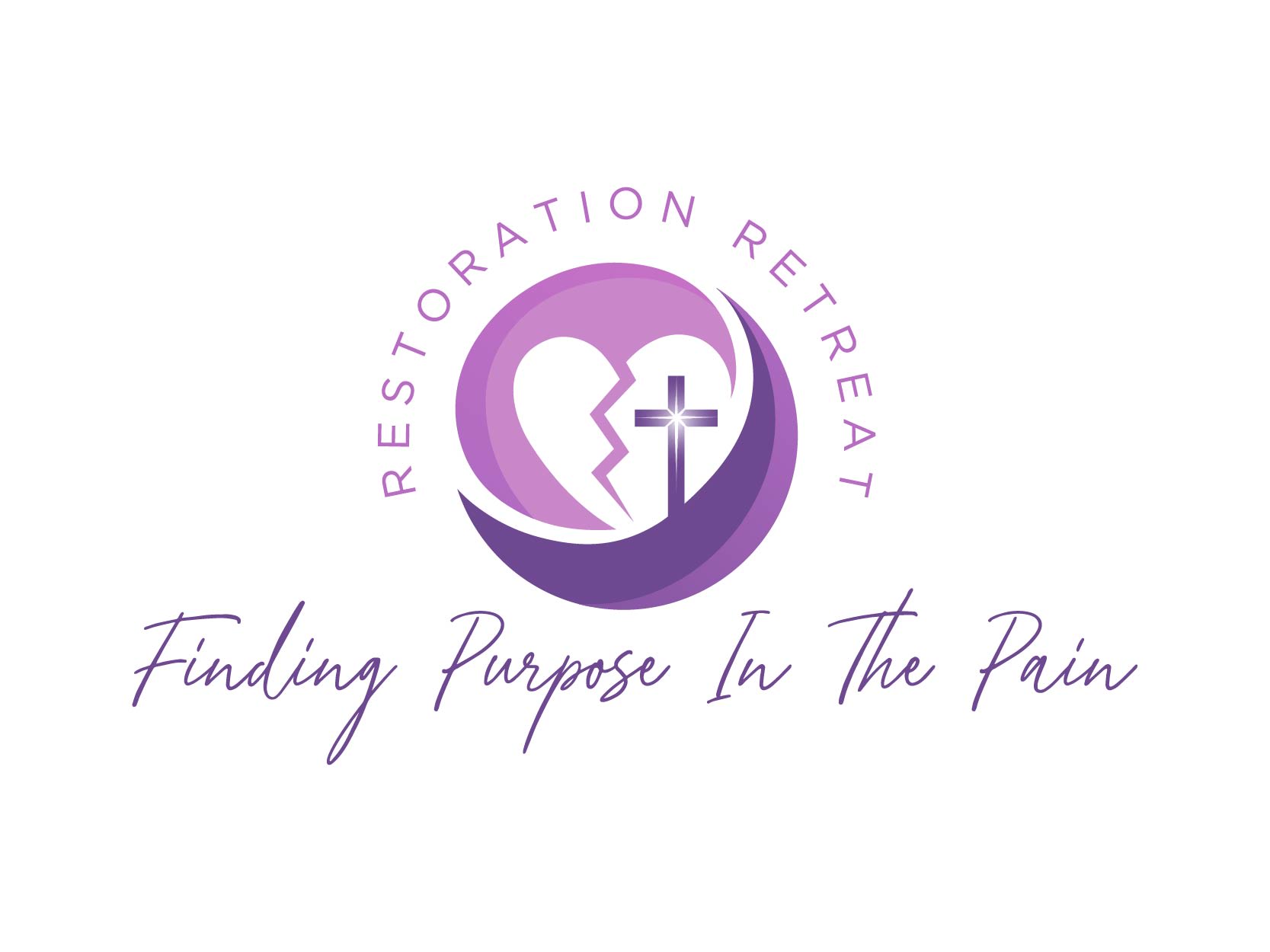Signs for Recognizing Post Traumatic Stress

Posted on November 9th, 2023.
Post-traumatic stress is a complex and often misunderstood condition that can have a profound impact on an individual's life.
In this guide, we will explore the signs and symptoms of post-traumatic stress disorder (PTSD) to help you recognize and understand this condition better.
Introduction
Trauma can leave a person feeling emotionally numb and disconnected from their best self. It can affect their mental and emotional well-being, making it crucial to identify the signs early on. If you or someone you know is showing signs of being traumatized, it's essential to seek help from professionals specializing in behavioral health. At our retreat, we offer a safe and nurturing environment for individuals seeking healing and transformation.
Signs for Recognizing Post Traumatic Stress
Emotional Numbness
One of the hallmark signs of post-traumatic stress is emotional numbness. Individuals who have experienced trauma may find it challenging to connect with their emotions and often feel detached from their own feelings. They may describe feeling like they are living in a fog, unable to experience joy or sadness fully.
How we can help: At Finding Purpose in the Pain Restoration Retreat, our Christian-based approach to healing focuses on reconnecting individuals with their emotions and helping them process the pain they have endured. Through therapy, support groups, and holistic wellness practices, we guide our guests on a journey toward emotional healing.
Flashbacks and Intrusive Memories
Traumatized individuals may frequently experience flashbacks and intrusive memories of the traumatic event. These distressing recollections can be triggered by various stimuli, such as sights, sounds, or even smells, and can be incredibly distressing.
How we can help: Our expert therapists at the retreat are experienced in helping individuals manage and cope with intrusive memories. Through techniques like EMDR (Eye Movement Desensitization and Reprocessing), we assist our guests in reprocessing these memories and reducing their emotional impact.
Avoidance Behaviors
People dealing with post-traumatic stress often engage in avoidance behaviors as a way to cope with their emotions. They may avoid places, people, or situations that remind them of the traumatic event. This avoidance can significantly impact their daily lives and relationships.
How we can help: Our retreat provides a supportive and non-judgmental environment for individuals to confront their avoidance behaviors. Through therapeutic interventions and guided exposure therapy, we help our guests gradually face and overcome their triggers.
Hyperarousal
Hyperarousal is another common symptom of PTSD. It involves heightened states of anxiety, irritability, and difficulty sleeping. Individuals with PTSD may be constantly on edge, experiencing exaggerated startle responses and persistent feelings of being unsafe.
How we can help: Our retreat offers various relaxation and mindfulness techniques to help individuals manage hyperarousal symptoms. Through practices such as meditation and yoga, we empower our guests to regain control over their emotions and find inner peace.
Changes in Behavior and Mood
PTSD can lead to significant changes in an individual's behavior and mood. They may become more irritable, aggressive, or socially withdrawn. Feelings of guilt, shame, and hopelessness are also common among those struggling with post-traumatic stress.
How we can help: Our dedicated team of therapists and counselors specializes in addressing changes in behavior and mood associated with PTSD. Through one-on-one therapy sessions and group therapy, we help individuals develop healthier coping strategies and rebuild their sense of self-worth.
Physical Symptoms
In addition to the emotional and psychological symptoms of PTSD, some individuals may also experience physical symptoms. These can include headaches, gastrointestinal problems, and chronic pain.
How we can help: Our holistic approach to healing encompasses physical well-being as well. We offer wellness programs that focus on nutrition, exercise, and relaxation techniques to help alleviate physical symptoms associated with trauma.
Conclusion
Recognizing the signs of post-traumatic stress is the first step toward healing and recovery. If you or someone you care about is showing signs of being traumatized, don't hesitate to reach out for help. At Finding Purpose in the Pain Restoration Retreat, we are here to support you on your journey to emotional and spiritual healing.
To learn more about our Christian Retreat and how we can assist you or your loved one in overcoming post-traumatic stress disorder symptoms, please visit our website or contact us directly at 6025411639 or [email protected].
Don't let post-traumatic stress hold you back from living your best life. Take the first step towards healing and find your purpose in the pain.
Get In Touch
Have Any Questions About Our Women's Retreat? We'd Love To Hear From You!
Please, complete the form below to contact us.

